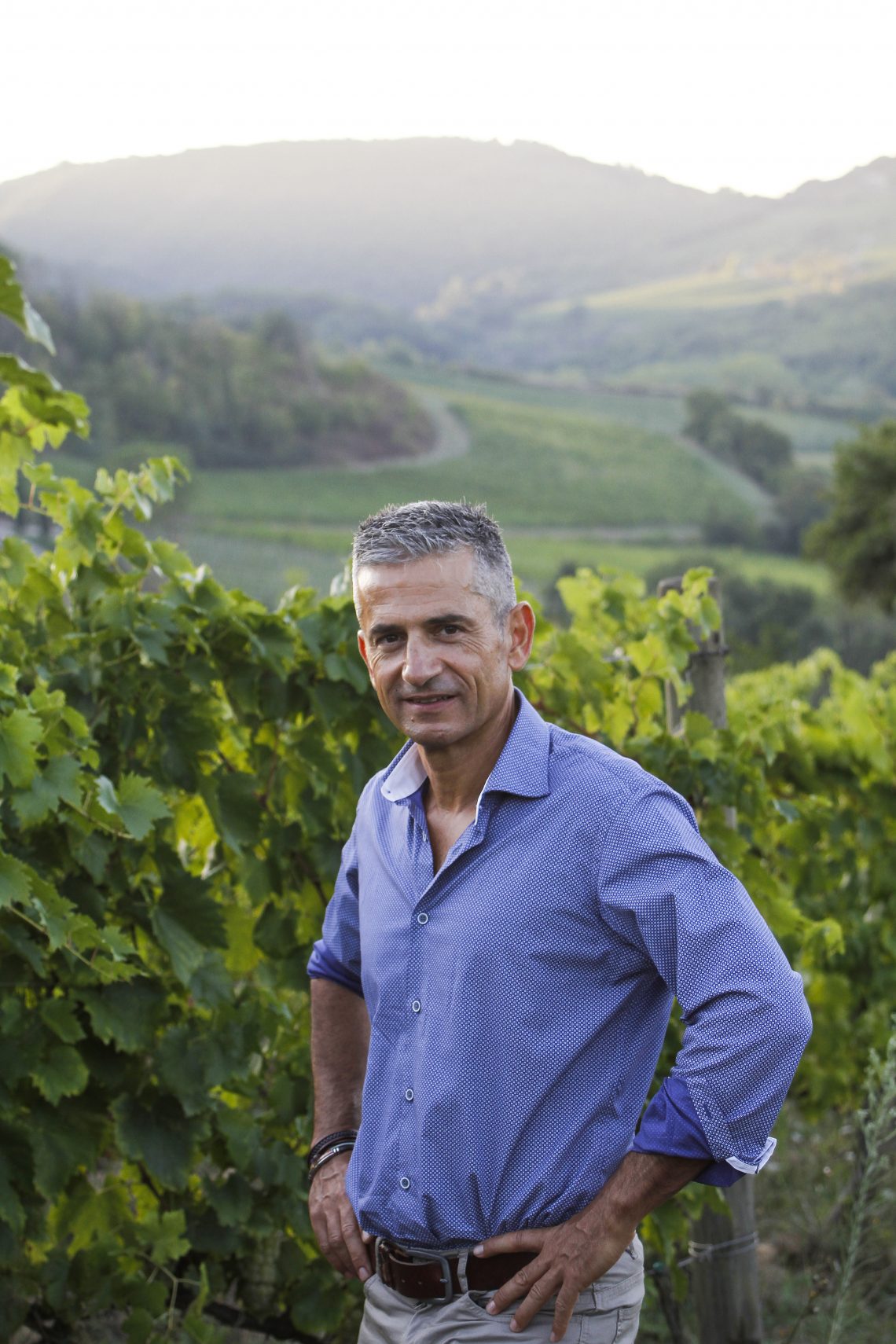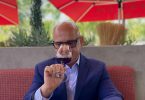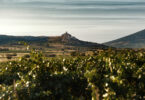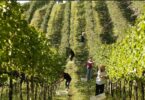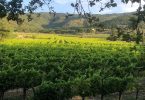The birth in a town like San Gimignano (Tuscany) is sometimes the harbinger of an almost obligatory life path in the world of viticulture. It was also the case for Luciano Bandini who, in the Tuscan town, was born and, still today, boasts collaborations with important companies in the sector.
The love for the profession of oenologist begins to take shape already from high school, in 1981 in Conegliano Veneto with the diploma of agricultural expert, specialized in viticulture and oenology, and then, in 1992, obtaining the coveted title.
In the profession, carried out in contact with highly experienced colleagues, he has always believed and made it a professional philosophy, believing that the best qualitative results are obtained only from a high quality raw material, and with a deep knowledge of the land that produces.
To corroborate what has been said, Bandini has always maintained that his professional work should never separate the work in the vineyard from that in the cellar, one cannot be done without the other: in a sort of natural symbiosis.
Luciano Bandini is another Italian excellence in the oenology sector. One of those talents the world envies us and that gives value to the Italy of wine.
For the article visit Piero Pardini Wine Reviews.


